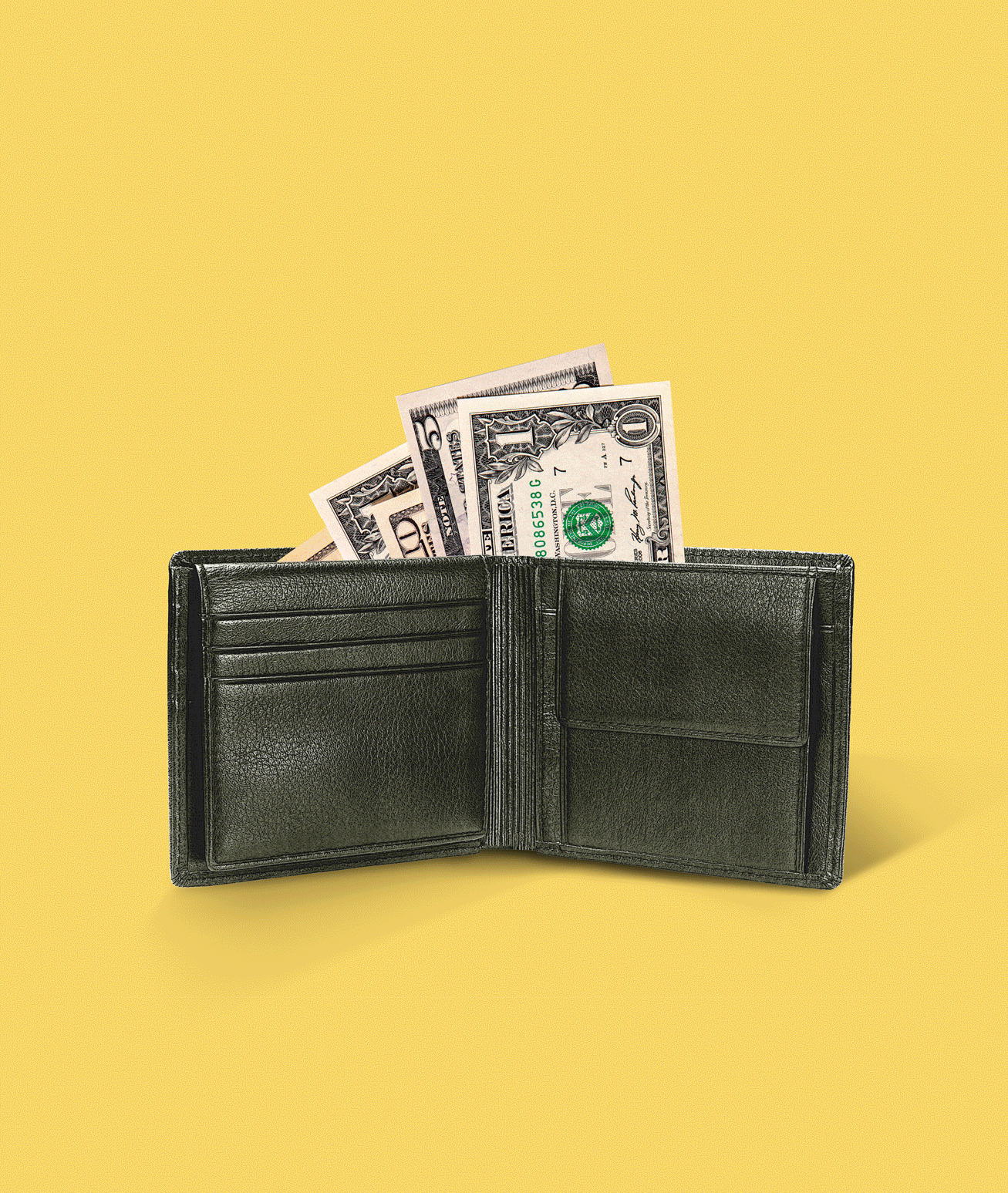With gold at record highs and the possibility of Central Bank Digital Currencies (CBDCs) and de-dollarization looming, serious efforts to bring back gold and silver in commerce are proliferating.
From Florida and Texas to New Hampshire, New Jersey, and beyond, lawmakers are working to shake up the monetary system in creative ways. Some states have already made significant moves.










